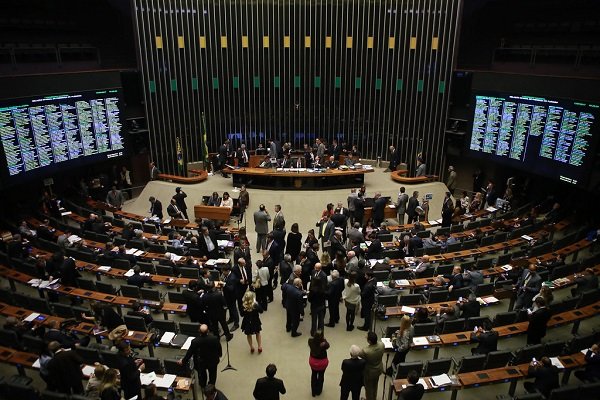This Content Is Only For Subscribers
To unlock this content, subscribe to INTERLIRA Reports.
On Wednesday (15/06), the Federal Chamber the approved of the project that limits the Tax on the Circulation of Goods and Services (ICMS) on fuels, natural gas, electricity, communications and public transport. ICMS is a state tax applied to most products sold in the country and it is responsible for most of the taxes collected by the states. According to the text approved by Congress, fuels, natural gas, electricity, communications, and public transport are now classified as essential and indispensable, which prohibits states from charging a rate higher than the general ICMS rate, which varies from 17% to 18%, depending on of the locality. Now, with approval, the proposal goes to President Jair Bolsonaro for sanction. The main objective of this project is to reduce the effects of inflation on the general population.
Critics
During the process of the project in the National Congress, governors of several states criticized the proposal, saying that the ICMS limitation would cause a loss of revenue of about R$ 100 billion. In addition, on Wednesday (15/06), the Independent Fiscal Institution (IFI) released a report in which it stated that the approval by Congress of the reduction of ICMS on fuel increases the “fiscal risk” and worsens the prospects for public accounts. For the IFI, it is necessary to recognize the future impact on the loss of government revenue and on the increase in expenditures to compensate the states.




